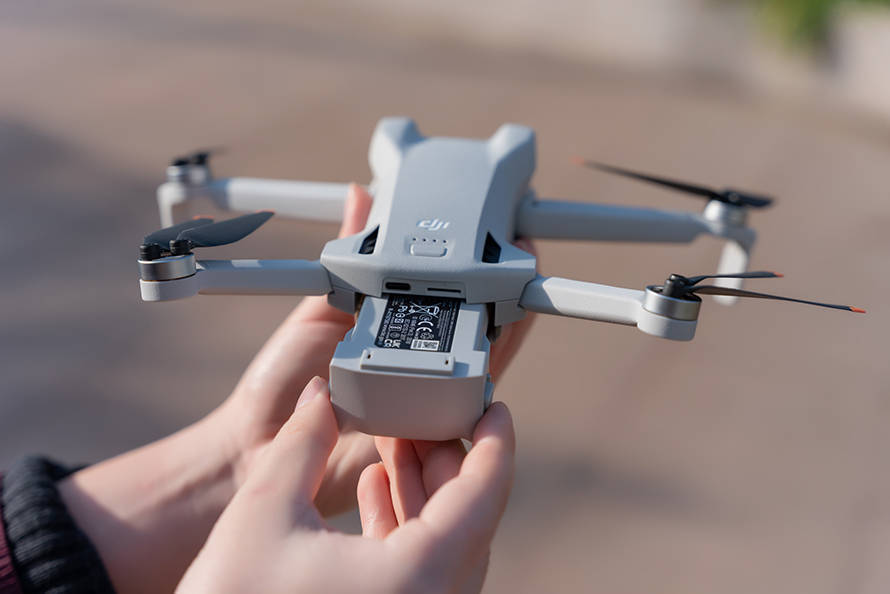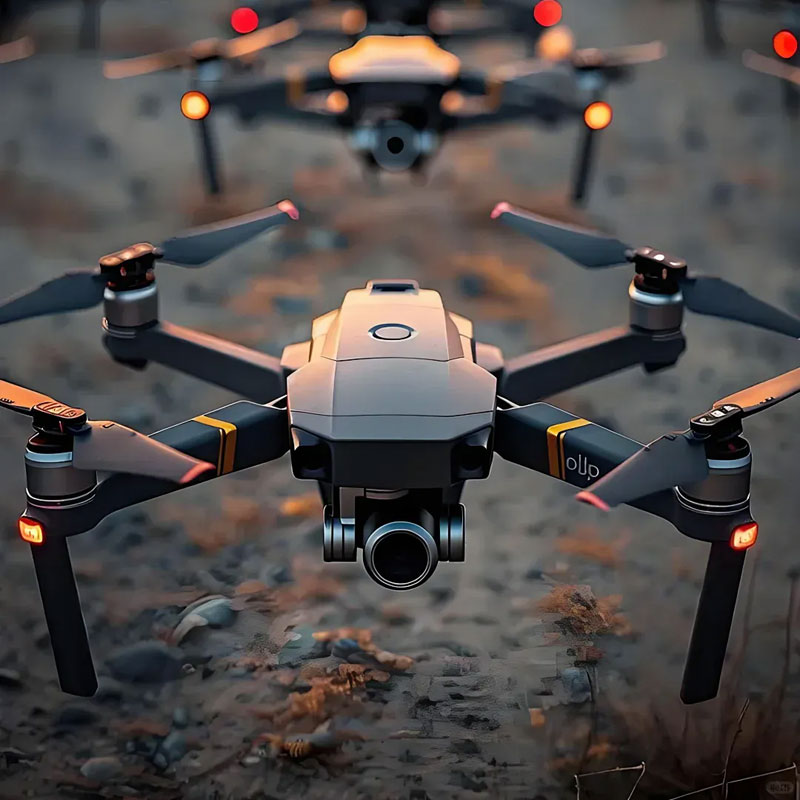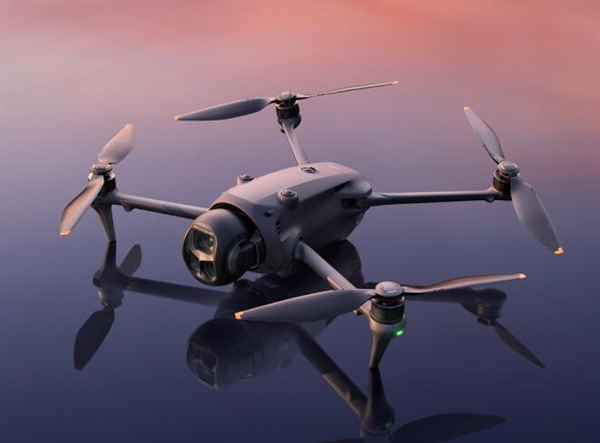The advent of drone technology has revolutionized various industries, from agriculture and filmmaking to logistics and surveillance. With this burgeoning industry comes an essential requirement: the drone registry system. This system aims to regulate and monitor drone operations to ensure safety, privacy, and accountability. Understanding this registry’s benefits and challenges is crucial for drone enthusiasts, commercial operators, and regulators alike.
Understanding the Drone Registry
The drone registry system serves as a centralized database where drone owners are required to register their UAVs (Unmanned Aerial Vehicles). This registration process helps authorities track and identify drones, ensuring that they are used responsibly. With an increase in drone incidents and potential security threats, having a registry allows for quicker identification of rogue drones and their operators.
A Closer Look at the Benefits
One primary advantage of the drone registry is enhancing safety. By registering drones, authorities can monitor flight paths and ensure they do not interfere with manned aircraft. This reduces the likelihood of mid-air collisions, safeguarding both public and aviation safety.
Furthermore, the registry promotes accountability. When drones are registered, operators are less likely to misuse them. Knowing they can be tracked deters individuals from using drones for illegal activities, such as spying or smuggling. This registration thus acts as a preventative measure against potential privacy invasions.
From a regulatory perspective, the drone registry assists in the development of more informed policies and regulations. By analyzing data from registered drones, authorities can understand usage patterns, aiding in crafting regulations that balance innovation with security.
Challenges Faced by the Registry System
Despite its benefits, the drone registry system is not without challenges. A significant issue is compliance. Many drone users, particularly hobbyists, may be unaware of the need to register, leading to a substantial number of unregistered drones in operation. Addressing this requires widespread awareness campaigns and possibly stringent penalties for non-compliance.
Privacy concerns also loom large. Some operators fear that personal information collected during registration could be misused. Ensuring data protection and outlining transparent data usage policies are critical to assuage these concerns and foster trust in the system.
Moreover, the rapid pace of drone technology can outstrip current regulations. Drones are becoming more advanced, with capabilities like autonomous flying and beyond-visual-line-of-sight (BVLOS) operations. The registry system must evolve alongside these advancements to remain relevant and effective.

Future Directions and Improvements
Looking ahead, integrating technologies such as blockchain could enhance the drone registry system. Blockchain offers a tamper-proof way to store data, potentially increasing the reliability and security of registration data. This could address both compliance and privacy issues, providing a more robust framework for drone regulation.
Moreover, international collaboration can streamline registry processes, especially as drones become commonplace in cross-border activities. Harmonizing registry standards globally would aid in consistent regulations and better efficiency in managing drone operations across different countries.
As drone usage continues to skyrocket, the balance between encouraging innovation and ensuring public safety becomes paramount. The evolution of the drone registry system will play a critical role in navigating this balance, securing the skies while fostering the growth of the drone industry.
system will play a critical role in navigating this balance, securing the skies while fostering the growth of the drone industry.
FAQ
- Do I need to register my recreational drone?
Yes, most countries require recreational drone owners to register their UAVs. Check with local aviation authorities for specific requirements. - What happens if I don’t register my drone?
Failure to register your drone can result in fines, penalties, or confiscation, depending on the jurisdiction. - Is my personal information safe in the registry?
Authorities typically have strict data protection measures in place. However, it’s essential to review the privacy policies associated with the drone registry in your region.

